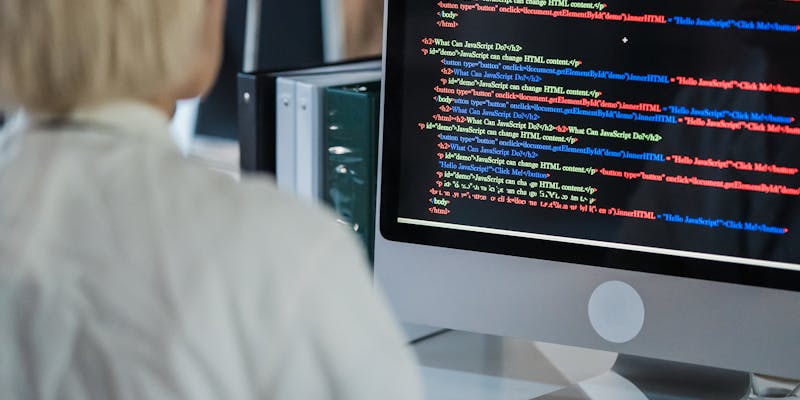In the ever-evolving cyber landscape, attackers are increasingly using zero-day exploits to launch sophisticated attacks, with the Lazarus Group at the forefront of this trend. This state-linked hacking entity has leveraged a severe vulnerability in the Windows Kernel, cataloged as CVE-2024-21338, to penetrate systems deeply. This particular weakness, scored at 7.8 on the Common Vulnerability Scoring System (CVSS), opened a significant vulnerability in affected systems, granting the attackers escalated privileges and advanced access to critical system operations.
The exploitation of such a critical flaw underscores the advanced capabilities of threat actors like the Lazarus Group and highlights the constant risk posed by unrecognized vulnerabilities. These incidents underscore the necessity for rigorous cybersecurity measures and prompt update management to mitigate the risks associated with zero-day exploits. The cybersphere must stay vigilant, as groups like Lazarus continually innovate to bypass security and further their malicious objectives.
The Exploitation of CVE-2024-21338
Initially undetected, the zero-day vulnerability provided the Lazarus Group with a means to obtain kernel-level access within affected systems. As elaborate as their strategy was, it primarily revolved around deactivating security measures, specifically targeting various antivirus solutions. The ability to directly manipulate kernel objects opened Pandora’s box for a plethora of malicious activities by the group. This was carried out via a rootkit, aptly named the FudModule, which the hackers designed to bypass security software and remain under the radar as they executed their attacks on the system.
The meticulous nature of their attack is sobering, indicating how perilously potent and stealthy the Lazarus Group has become in circumventing security walls. According to cybersecurity experts, this exploitation routine goes beyond surface-level manipulation. The module strategically disabled system logging features and directly targeted the defense mechanisms of several well-known security software brands. These attacks were not limited to any single antivirus, as the FudModule was observed neutralizing AhnLab V3 Endpoint Security, CrowdStrike Falcon, and even Microsoft Defender, a rather disconcerting telltale of the rootkit’s destructive reach.
Implications and Cybersecurity Measures
The exploitation of CVE-2024-21338 by the North Korean hacker group Lazarus before Microsoft could issue a patch spotlights the critical trend of zero-day vulnerabilities being weaponized in global cyberwarfare. Initially detected in Windows 10, version 1703, this security loophole posed a risk to numerous Windows systems. It underscores the importance of stringent patch management in cybersecurity.
Microsoft’s timely fix via their Patch Tuesday update sealed this security risk, yet the incident reaffirms the need for vigilant threat intelligence and dynamic cyber defense strategies. Groups like Lazarus exploit zero-day flaws stealthily, outpacing conventional cybersecurity measures and highlighting the necessity for proactive defenses. As attackers refine their methods, maintaining up-to-date, robust cybersecurity protocols is crucial to safeguard digital infrastructures against such invisible threats.

